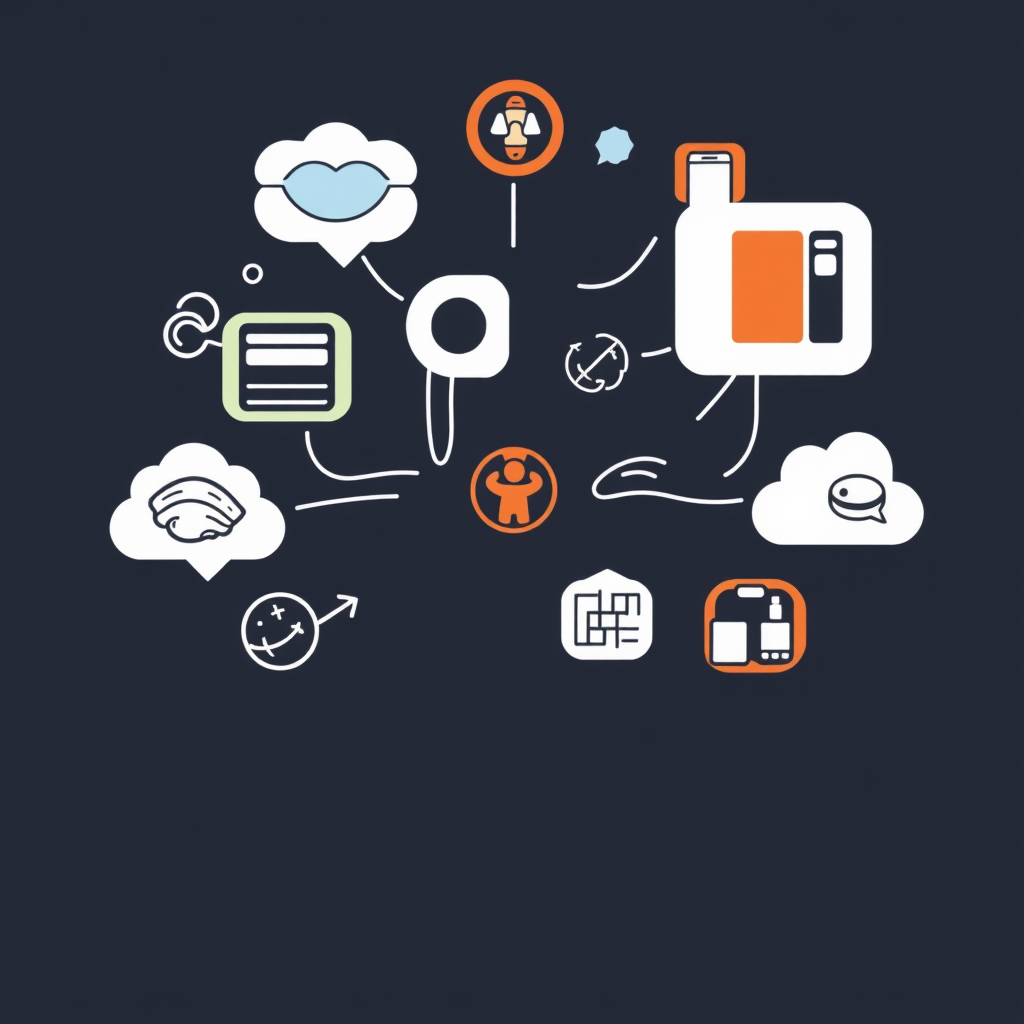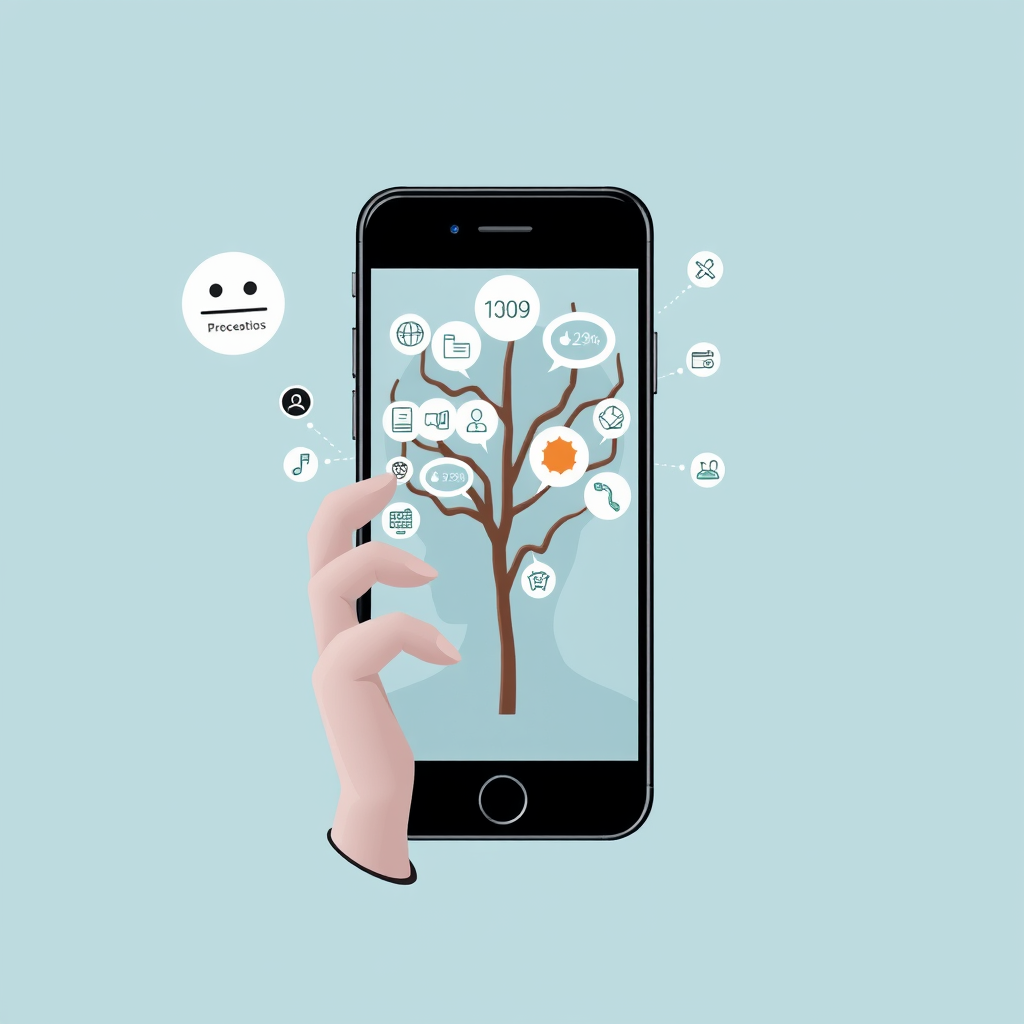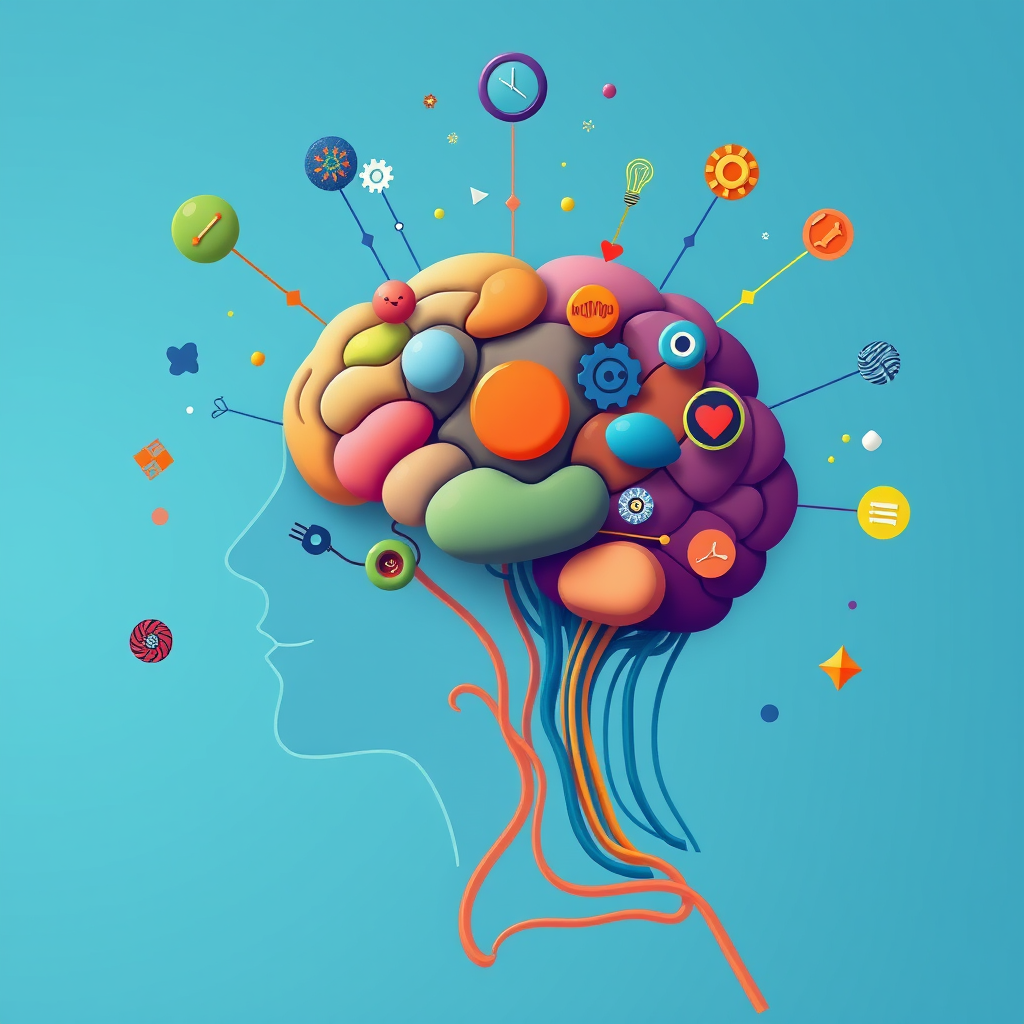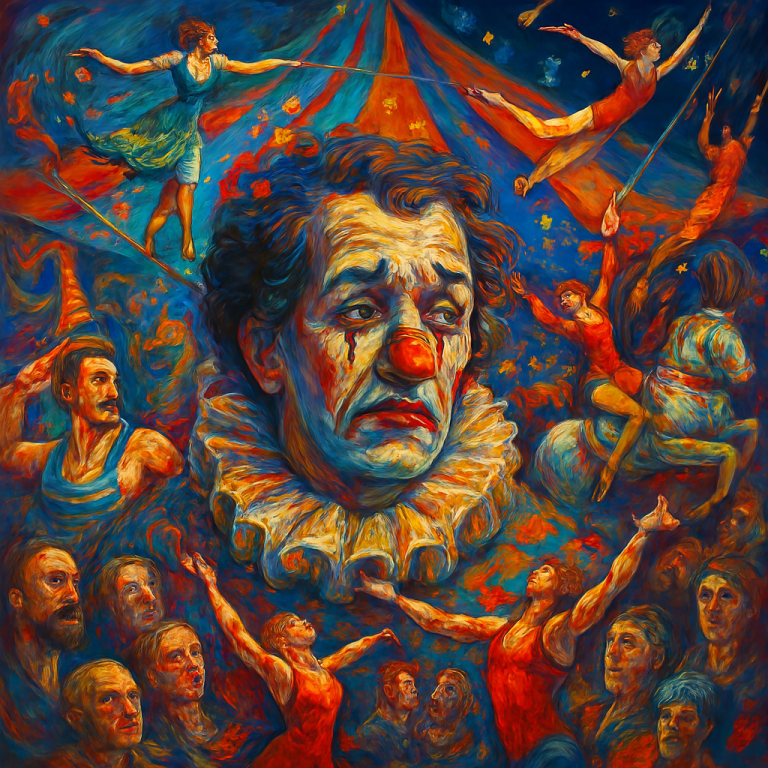
The Digital Age – Humanity’s Great Interface Shift From Now In 2025
From Analog Roots to Digital Age Realities
Digital Age – How Connectivity, Code, and Culture Reshape Our World
The Digital Age marks a transformative chapter in human history—an era defined not by steam engines or assembly lines, but by the invisible architecture of code, data, and global connectivity. It is the first epoch in which information itself becomes the dominant resource, shaping economies, identities, and ecosystems.
Unlike previous revolutions, which altered physical labor or material production, the Digital Age reconfigures cognition, communication, and culture. It is not a single invention or moment, but a convergence of technologies and behaviors that collectively redefine how humans perceive reality, interact with one another, and organize society.
This shift is not merely technological—it is philosophical, ecological, and psychological. It demands new literacies, new ethics, and new forms of stewardship.
Defining the Digital Age – Foundations of a New Paradigm
The Digital Age emerged from a series of interlocking breakthroughs in computing, networking, and data science. These innovations laid the groundwork for a world in which digital systems mediate nearly every human experience.
- Microprocessors and Computational Power – The development of integrated circuits in the 1970s enabled compact, affordable computing devices. This democratized access to digital tools, allowing individuals and small organizations to participate in the information economy.
- Global Networking and the Internet – The internet transformed isolated machines into a planetary nervous system. Protocols like TCP/IP and innovations like the World Wide Web enabled seamless communication, data sharing, and collaboration across borders.
- Datafication of Experience – Human behaviors, biological signals, and environmental conditions can now be captured as digital data. This process—known as datafication—allows for predictive modeling, behavioral analytics, and real-time decision-making.
- Cloud and Edge Computing – Cloud infrastructure decentralizes data storage and processing, enabling scalable applications and remote collaboration. Edge computing complements this by bringing computation closer to the data source, improving latency and efficiency.
- Artificial Intelligence and Machine Learning – AI systems analyze vast datasets to identify patterns, make predictions, and automate tasks. These technologies power everything from medical diagnostics to autonomous vehicles, reshaping industries and institutions.
Together, these systems form the backbone of the Digital Age—a dynamic, adaptive infrastructure that evolves in response to human behavior and global conditions.
Cultural and Cognitive Impacts – How Digital Systems Reshape Minds and Societies
Attention and Cognition – Navigating the Information Tsunami
The Digital Age introduces a paradox: access to infinite information, yet increasing difficulty in discerning meaning.
- Information Overload – The average person encounters thousands of digital stimuli daily. This saturation can lead to cognitive fatigue, reduced attention span, and impaired decision-making.
- Fragmented Focus and Multitasking – Digital environments encourage rapid context-switching. Neuroscience research shows that multitasking reduces productivity and inhibits deep learning.
- Algorithmic Curation and Filter Bubbles – Platforms use algorithms to personalize content, often reinforcing existing beliefs and limiting exposure to diverse perspectives. This can lead to ideological polarization and diminished critical thinking.

Identity and Expression – Constructing the Self in a Digital Mirror
Digital platforms offer unprecedented freedom of expression, but also introduce new complexities around authenticity, privacy, and representation.
- Curated Personas and Online Identity – Individuals often present idealized versions of themselves online. While this can be empowering, it may also create pressure to conform or perform, leading to anxiety and identity fragmentation.
- Amplification of Marginalized Voices – Digital media enables grassroots movements and global solidarity. Hashtags, livestreams, and viral content have become tools for activism and cultural transformation.
- Surveillance and Consent – The commodification of personal data raises ethical concerns. Users frequently consent to data collection without full understanding, prompting debates about digital rights and informed agency.
Community and Belonging – Reimagining Connection
Digital technologies reshape how communities form, interact, and sustain themselves.
- Virtual Communities and Shared Narratives – Online forums, gaming guilds, and social networks foster belonging across geography and culture. These spaces can be inclusive and generative, but also insular or prone to groupthink.
- Disinformation and Social Fragmentation – The rapid spread of false information undermines trust in institutions and fuels division. Coordinated misinformation campaigns exploit digital platforms to manipulate public opinion.
- Digital Literacy and Civic Engagement – Navigating the digital landscape requires new competencies—media literacy, ethical reasoning, and systems thinking. Educational institutions increasingly recognize these as foundational skills for citizenship.
Economic and Structural Shifts – Rewiring Labor, Value, and Power
Work and Automation – Redefining Productivity
Digital technologies transform the nature of work, creating new opportunities and challenges.
- Remote and Hybrid Work Models – Cloud-based collaboration tools enable distributed teams and flexible schedules. This shift redefines workplace culture, urban planning, and work-life boundaries.
- Platform Economies and Gig Work – Apps facilitate short-term, task-based employment. While offering flexibility, these models often lack labor protections, benefits, and long-term stability.
- AI and Robotics in the Workplace – Automation reshapes industries from logistics to finance. While some jobs are displaced, others emerge in fields like data ethics, digital design, and cybersecurity.
Infrastructure and Access – Building the Digital Commons
The Digital Age depends on equitable access to infrastructure and skills.
- The Digital Divide – Disparities in connectivity, device access, and digital literacy create new forms of exclusion.
- Smart Cities and Urban Innovation – Cities use sensors, data analytics, and integrated systems to manage resources and services. These technologies promise efficiency but raise concerns about surveillance and equity.
- Cybersecurity and Systemic Resilience – As infrastructure digitizes, vulnerabilities multiply. Cyberattacks can disrupt essential services, requiring robust security protocols and public awareness.
Governance and Ethics – Navigating Power in a Digital World
Digital technologies challenge traditional governance models and demand new ethical frameworks.
- Digital Sovereignty and Regulation – Governments seek to regulate tech platforms, protect citizen data, and assert control over digital infrastructure. International cooperation is essential to address cross-border challenges.
- Ethical AI and Algorithmic Accountability – Bias in algorithms can perpetuate discrimination. Calls for transparency, fairness, and human oversight are growing across sectors.
- Open Source and Decentralization – Movements toward open-source software and decentralized networks aim to democratize technology and reduce dependence on monopolistic platforms.
Digital Entertainment – The New Frontier of Storytelling and Experience
Digital entertainment is one of the most dynamic and influential domains of the Digital Age. It encompasses a vast ecosystem of media formats, platforms, and cultural practices that redefine how stories are told, shared, and experienced.
Streaming and On-Demand Media – Reshaping Access and Consumption
- Global Platforms – Services like Netflix, Spotify, and YouTube offer instant access to vast libraries of content. This democratizes media consumption but also centralizes control in a few dominant platforms.
- Algorithmic Discovery – Recommendation engines personalize content based on user behavior. While enhancing relevance, this can limit serendipity and reinforce consumption patterns.
- Binge Culture and Narrative Structure – The shift to on-demand viewing alters storytelling formats. Series are now designed for continuous viewing, changing pacing, character development, and audience engagement.
Interactive Media and Gaming – Participatory Worlds
- Video Games as Cultural Artifacts – Games are no longer niche entertainment—they are complex, immersive experiences that blend narrative, design, and interactivity. Titles like The Last of Us or Journey are studied for their artistic and emotional depth.
- Virtual Economies and Digital Assets – In-game currencies, skins, and NFTs create real-world value within virtual environments. These economies raise questions about labor, ownership, and regulation.
- Esports and Global Competition – Competitive gaming has become a global phenomenon, with professional leagues, sponsorships, and massive audiences. Esports challenge traditional notions of athleticism and media spectacle.
Augmented and Virtual Reality – Expanding the Canvas
- Immersive Storytelling – AR and VR technologies enable new forms of narrative immersion. From virtual museums to interactive documentaries, these formats expand the boundaries of experience.
- Social VR and Metaverse Platforms – Virtual spaces like VRChat or Horizon Worlds allow users to interact, create, and socialize in digital environments. These platforms raise questions about embodiment, identity, and governance.
- Accessibility and Inclusion – Digital entertainment can be designed to accommodate diverse needs—through subtitles, adaptive controllers, and inclusive narratives. This expands participation and representation.
Digital entertainment is not just escapism—it is a mirror, a laboratory, and a stage. It reflects cultural values, experiments with new forms of expression, and invites audiences to co-create meaning.

Philosophical and Ecological Dimensions – Rethinking Reality and Responsibility
What Is Real? – Blurring the Boundaries
Digital technologies challenge traditional notions of reality and truth.
- Simulated and Augmented Worlds – VR and AR create immersive environments that blend physical and virtual experience. These tools expand perception but also raise questions about embodiment and authenticity.
- Synthetic Media and Deepfakes – AI-generated content can convincingly mimic real people and events. This technology has applications in entertainment and education but also poses risks for misinformation and identity theft.
Posthumanism and Technological Integration – Redefining the Human
As digital technologies merge with biological systems, the boundaries of human identity and capability are being reimagined.
- Neural Interfaces and Cognitive Enhancement – Devices like brain-computer interfaces (BCIs) allow direct communication between neural activity and digital systems. These technologies have therapeutic potential for conditions like paralysis or epilepsy, but also raise philosophical questions about agency and consciousness.
- Biohacking and Cyborg Culture – From embedded RFID chips to sensory augmentation, individuals are experimenting with integrating technology into their bodies. This movement challenges conventional definitions of health, autonomy, and evolution.
- Ethical and Existential Questions – As machines begin to replicate or exceed human cognitive functions, debates intensify around personhood, rights, and the future of labor. Philosophers, ethicists, and technologists grapple with scenarios involving sentient AI, digital immortality, and the moral status of synthetic beings.
Ecological Footprint – The Hidden Cost of Connectivity
While the Digital Age offers tools for ecological restoration, it also introduces significant environmental challenges.
- Energy Consumption and Carbon Emissions – Data centers, blockchain networks, and streaming services consume vast amounts of electricity. The global ICT sector is estimated to account for 2–4% of total greenhouse gas emissions, rivaling the aviation industry.
- Electronic Waste and Resource Extraction – The rapid turnover of devices contributes to mounting e-waste. Mining for rare earth elements used in electronics often involves environmental degradation and exploitative labor practices.
- Sustainable Design and Circular Economies – Tech companies and designers are exploring modular devices, recyclable materials, and repairable systems. Initiatives like Fairphone and the Right to Repair movement advocate for ethical production and consumer empowerment.
- Digital Tools for Regeneration – Technology also enables ecological stewardship. Satellite imagery helps track deforestation, drones assist in reforestation, and citizen science platforms mobilize communities to monitor biodiversity and pollution.
The ecological dimension of the Digital Age demands a dual approach—minimizing harm while maximizing regenerative potential. It calls for systemic thinking, ethical innovation, and cross-sector collaboration.

Conclusion – Living the Interface
To live in the Digital Age is to inhabit a threshold—between the tangible and the virtual, the biological and the computational, the local and the planetary. It is a time of immense possibility, where knowledge flows freely, creativity flourishes, and global collaboration becomes feasible. But it is also a time of profound responsibility.
The systems we build today will shape the moral, ecological, and cognitive landscapes of tomorrow. The challenge is not simply to adapt to digital technologies, but to shape them with wisdom, equity, and foresight. Whether designing ethical algorithms, fostering inclusive digital cultures, or reimagining education for a connected world, we must become not just users of technology, but stewards of its impact.
The Digital Age is not a destination—it is a living process. And we are its architects.
Join the Discussion
What does the Digital Age mean to you? How do you experience its influence in your daily life, your creative work, or your ecological commitments? Are we building systems that reflect our highest values—or merely amplifying our habits?
Whether you’re a designer, educator, technologist, activist, or simply a thoughtful observer, your insights help shape the collective understanding of this epoch.
Let’s explore together how we can build a digital future that honors human dignity, ecological balance, and creative freedom.





2 thoughts on “The Digital Age – Humanity’s Great Interface Shift From Now In 2025”